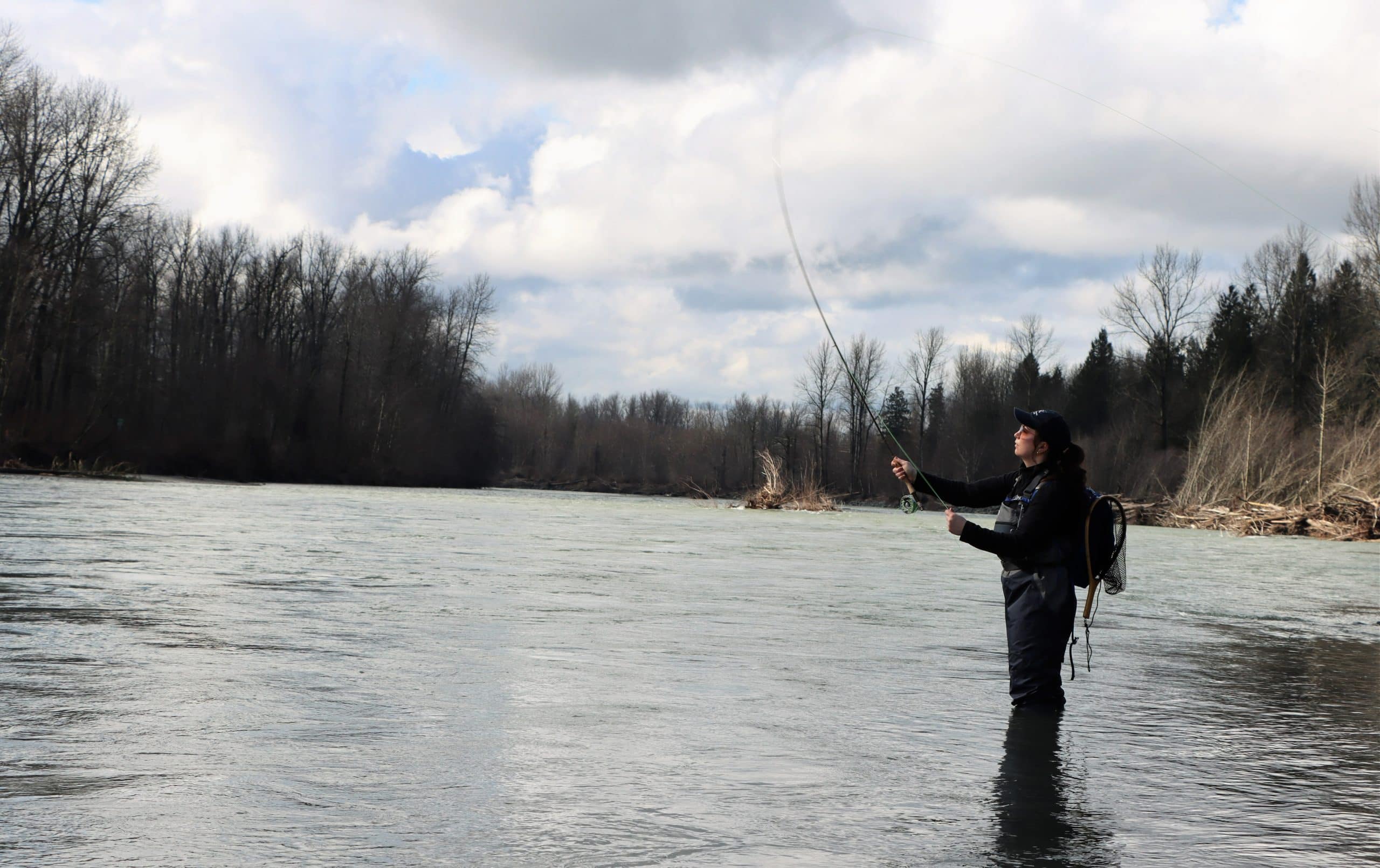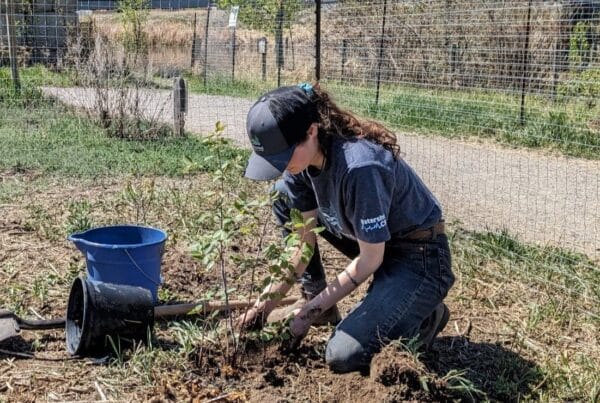By Jana Rolland | May 16th, 2022
Being outdoors and connecting to the natural spaces that surround us is an important, and often powerful, experience.
As Cassidy Patton, Outreach Lead at ISCBC, says “being out on the water offers a space to unwind and connect with the land.” She fondly remembers a childhood of breathing fresh air and floating along BC’s waterways, waiting for the perfect catch:
“From a really young age, my dad had me out on the boat fishing with him. Some of my favourite childhood memories include sitting beside my dad in our tiny boat, feeling the waves gently rocking me, and connecting to nature through the surrounding sounds, sights, and smells. I think a lot of anglers have felt these same experiences in their lives.” This is one of the reasons Cassidy was inspired to create the Invasive-Wise Angling course – so this experience is protected for anglers today and into the future.
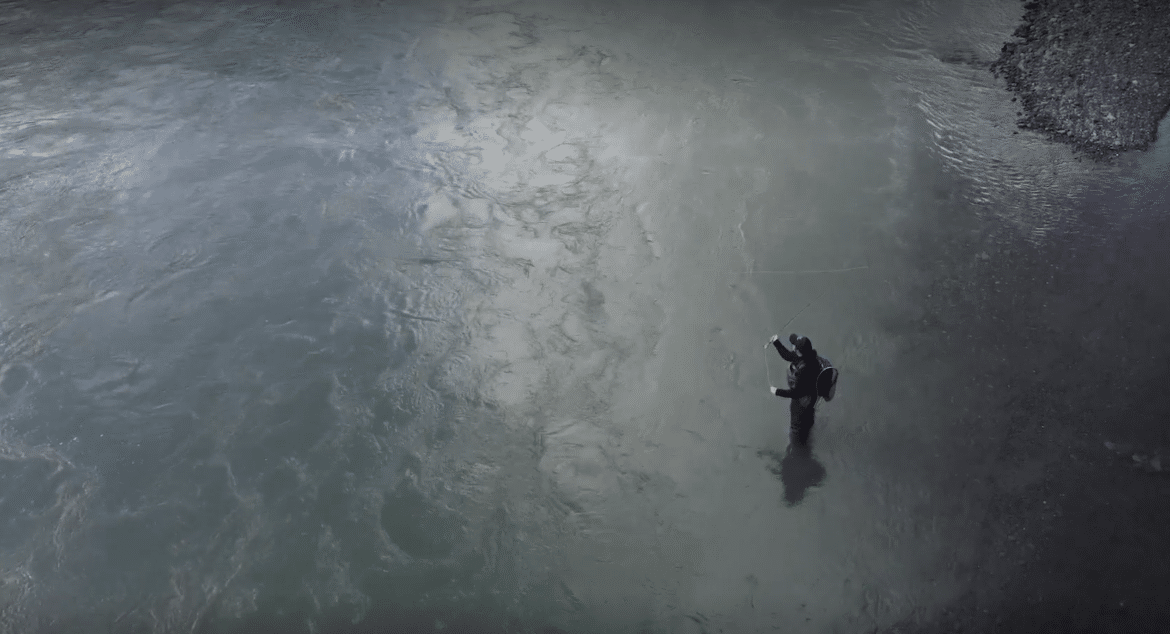
But what would it look like if we didn’t care for our lakes, rivers, streams and oceans? A lot can go wrong if we don’t actively prevent the spread of invasive species while we take part in our favorite activities.
Invasive plants like Eurasian watermilfoil, Yellow flag iris, Himalayan balsam and Knotweed throw aquatic ecosystems off kilter by reducing water quality, blocking access to spawning grounds, eroding embankments, and increasing sedimentation. Invasive animal species, like Zebra mussels and Yellow perch, alter food webs and outcompete native species for resources. Threats like these add to the catastrophic impacts our fisheries already face due to human activities and climate change. But we can still make a difference!
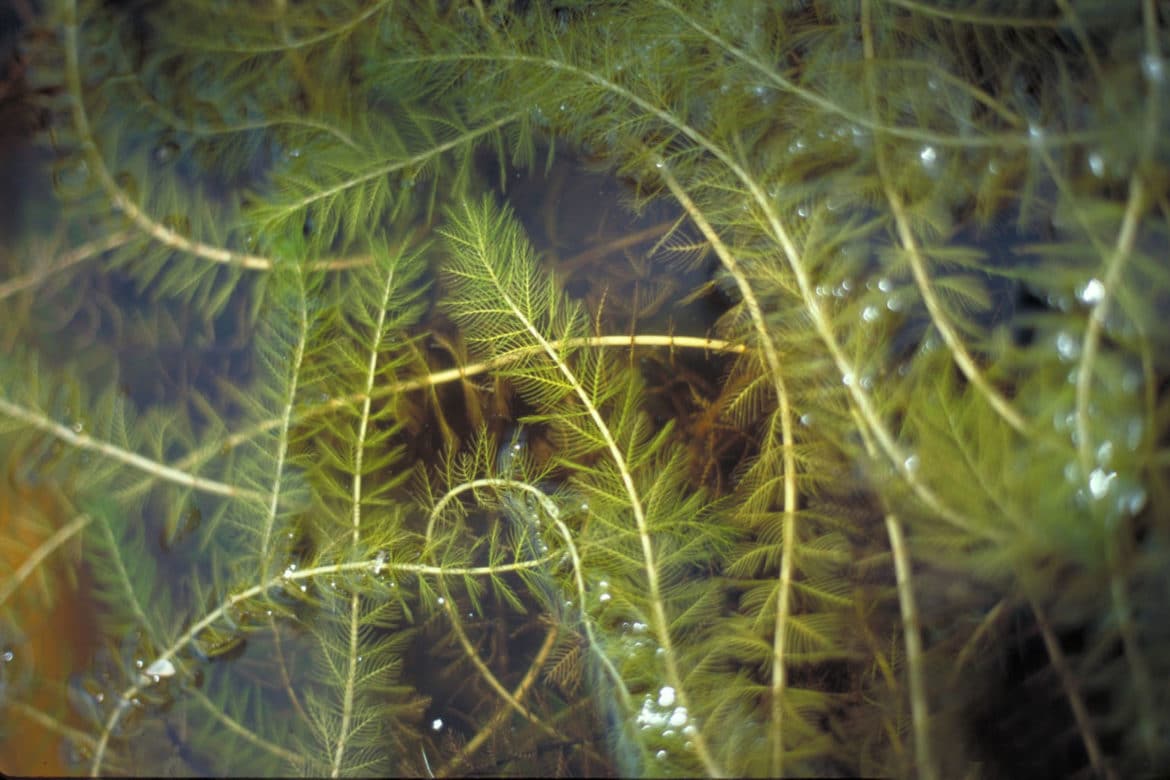
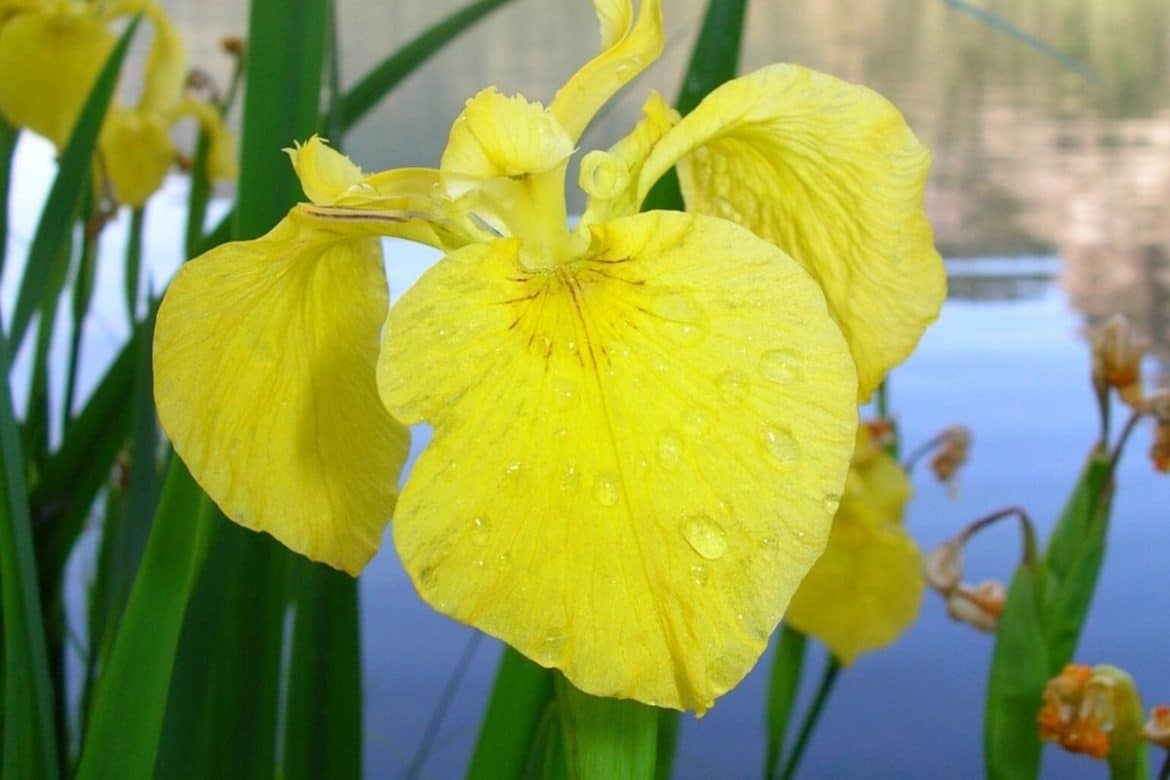
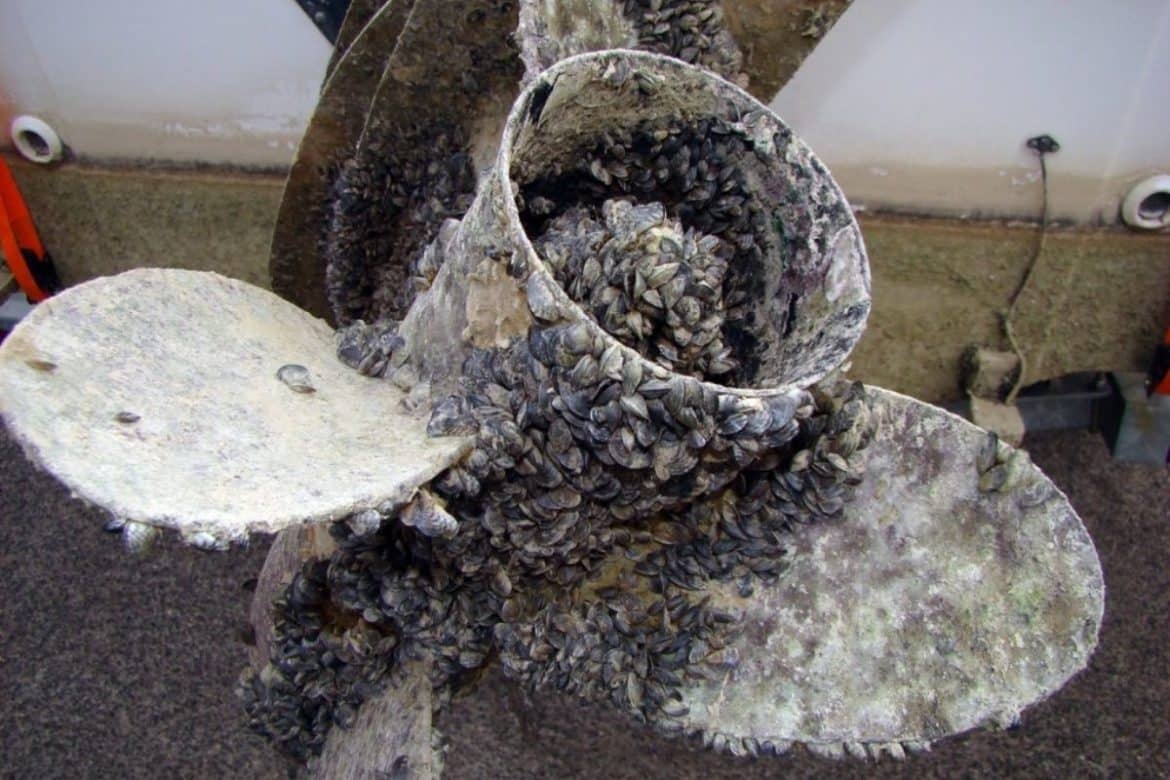
By preventing the spread of invasive species, anglers can support the long-term health and wellbeing of aquatic ecosystems and the native species that live within them. This will ensure future generations have the same opportunities as we do today to fish in biodiverse watersheds and connect with the natural world.
Implementing best angling practices, such as cleaning your gear before traveling between waterbodies, is an easy way to prevent the spread of invasive species. You can become an Invasive-Wise certified angler in as little as 10 minutes by taking our Invasive-Wise Angling online course today.
The future of fishing is in our hands.
Cassidy is the Outreach Lead at ISCBC. She is grateful to live, work, and play on the traditional territory of the Songhees Nation, also known as Victoria. In her spare time, she loves fly fishing the river networks across Vancouver Island. You can reach Cassidy at outreach@bcinvasives.ca
Jana is the Communications Coordinator at ISCBC. She is passionate about environmental protection and inspiring positive action in her community. In her free time you’ll find her with a paintbrush in hand. You can reach Jana at communications@bcinvasives.ca.
Share


